I love books, the feel of them, the way they are made, how the spines bend and crack, and all of the amazing ideas and images that can fly out of them when opened. But there is some serious trouble brewing in the book industry. The problems are part current economic meltdown, but even more so they seem to be part byzantine, inane and ass backwards corporate models of publishing, distribution and retail. There is also the rising cost of printing and shipping, the collapse of independent bookshops, and the specter of everything turning digital. So, I’m seriously concerned about the future of these things I love.
All my friends involved in independent book shops seem to be deeply struggling. Some are no longer paying themselves, others are going out of business. Bluestockings, a worker-owned, largely volunteer-run bookstore in New York City, has an amazing community that has developed out of it, yet is struggling to survive. Every time I stop by there are lots of people in there, and even people buying books, but it is still a huge struggle to pay the rent. When I moved to Chicago back in 1997, there were a couple dozen used bookstores on the Northside of the city, many of which I frequented, or at least checked into once in awhile. When I moved from Chicago in 2005, there were maybe 5 left, if that. I travel a lot, on tours, tabling at events, going to conferences or speaking gigs, and in most cities I have favorite bookstores. Increasingly I go back to cities and find these bookstores gone. These spaces are not simply locations to find entertaining and/or important books, but are social spaces, locations to meet people and talk about ideas. In Europe there is a healthy social centre scene, but in the US these bookstores and infoshops are all we’ve got. Now is the time to support your local bookstores!!
Libraries appear to be finding themselves in similar situations. Shrinking budgets, static space, and increasing publishing schedules mean that libraries need to sacrifice old books for new. Every Sunday night is trash night by my studio, and the local library regularly has a stack of books out to be recycled. Even some university libraries are selling off huge chunks of their collections….
Increasingly large publishers are attempting to run their houses like giant media conglomerates (which many are owned by), signing “superstar” acts, throwing all their promotion behind one or two products, and hoping for bestselling books just like record companies hope for pop hits. Unfortunately (or maybe fortunately) most people don’t read the same way they listen to music or watch tv, and most of the books people truly love or cherish would never have been published if it was assumed they had to become instantaneous hits to be worth putting out in the world. Ursula Le Guin wrote a great essay that explores this much more deeply and powerfully than I can in this blog post: “Staying Awake” was published by Harper’s last year, and can be read online here. It’s well worth the read.
With regards to the move to digital, and e-books, I’m hardly convinced by the hype. For one, most of the books I love are not simply words on pages, but are designed, full of images, and are unique and interesting objects. This simply can’t be captured on a tiny screen. Art always looks bad online, and I see no evidence that the same isn’t true and won’t continue to be true for e-book readers. People hold up the promise of “saving the trees,” but as my partner Dara says, there’s little evidence that the server farms necessary to maintain all the data for every book in the world will do any less damage to the planet than the printing of the books. In fact, there’s early evidence that the miles and miles of server farms needed to hold all our ideas digitally might do more damage (via energy use, toxic chemicals, mineral extraction) than the potentially well stewarded forests needed to keep printing books.
All of this is a long way of saying that books as we know them are in dire straits. I think they are important enough to save, and I think we all can do are small part to at least salvage the publishers and books we think are important. A number of small, independent, and political publishers have started subscription programs for their books. They may at first seem slightly strange, but in many ways they are like the Community Supported Agriculture programs that have become some popular over the past decade. A reader pays a monthly or yearly rate, and receives every book that publisher puts out. For me, there are a number of publisher who put out dozens of books I at least want to read each year (even if I never have the time to read them all). Here are some links to these programs for four different publishers. If you can spare any money at all, help me save books!!!!
Friends of PM Press
Friends of AK Press
South End Press Community Supported Publishing
Microcosm’s Buddy System
(Thanks to Ramsey at PM for helping develop some of these ideas, and always pushing people to think in new ways about what they do)
books! Books! BOOKS!
June 29, 2009

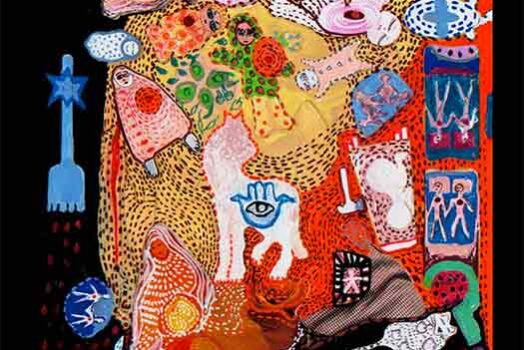
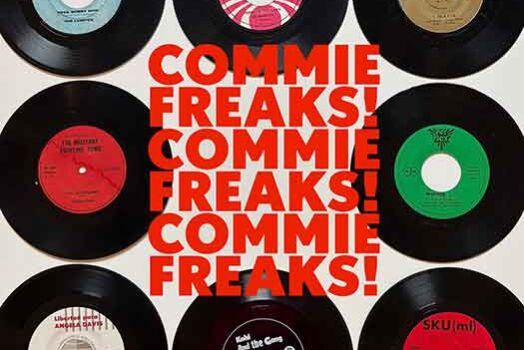
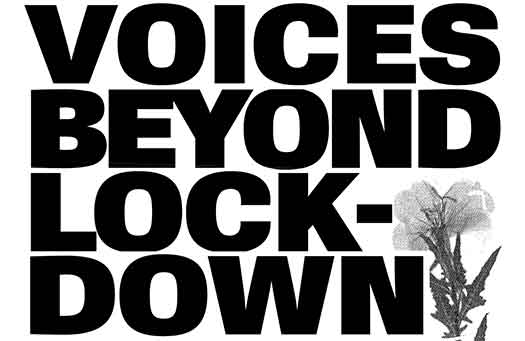


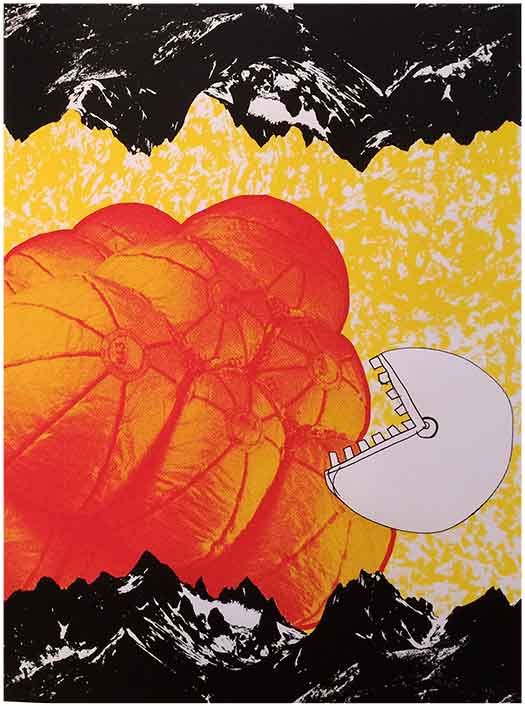
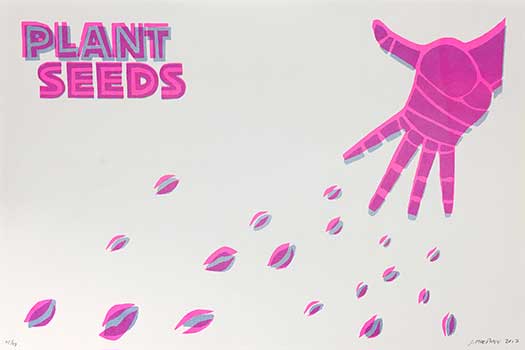
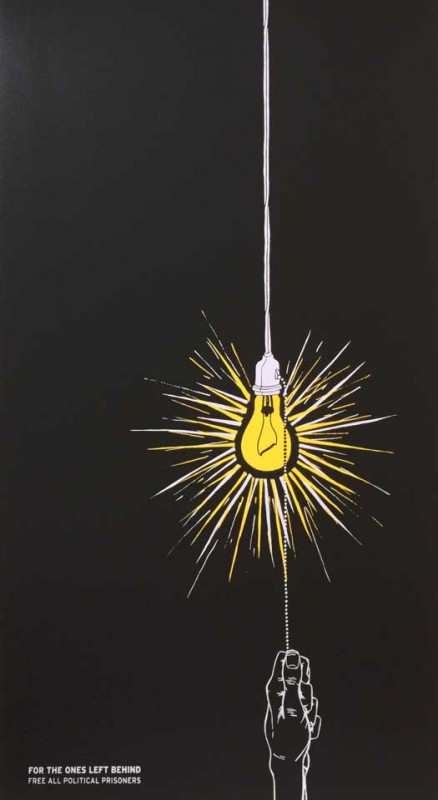
hey, these are some of the ideas i just wrote about in my essay for library school!
Other creative, book-related fund-raising. Readathon for Providence Books Through Bars.
Will someone Please sponsor Izzy? Just look at him! How can you resist?
http://www.notaboutthebuildings.com/summerreading.html
Great read Josh.
Yo full disclosure I just went out of business as a revolutionary bookstore owner so I might be a little salty.
As a rabid book buyer and reader, and as a habitual bookstore dweller I feel my attitude towards books changing. We and especially the generations younger than us are being socialized to receive information in new ways that are sometimes infinitely more powerful and efficient than what books can deliver. While I doubt I’ll ever really change my book buying habits I can acknowledge where my love for books is rooted. I can appreciate all the reference points that the culture I grew up in provided me with. Each year every kid in this rapidly changing cultural landscape is growing up with fewer and fewer of those reference points.
Books will always be around and it goes without saying that as long as books are around bookstores will also be around. But revolutionary bookstores in particular are an endangered species because the #1 crucial role that they play is that of a safe community space. The internet, while not nearly a substitute, does the most important part of revolutionary bookstore’s work infinitely better. The choice of anonymity for the individual and the group, diminishing the incubation time between the genesis of an idea and that idea’s manifestation as concerted action, as well as the magnitude and reach of these groups achievable through the internet renders the revolutionary bookstore as an abstract almost obsolete. What remains is cultural vestige.
The internet as a structure, the infrastructure as it is setup today, is also more conducive to fostering community than a bookstore controlled by a small clique of decision makers where your participation is predicated on your role as a customer.
Books and bookstores are entering the realm of the cultural artifact. Of course there is still money to be made in publishing and bookselling but the tide has turned and shit is not going back to how it was.
Strange times.